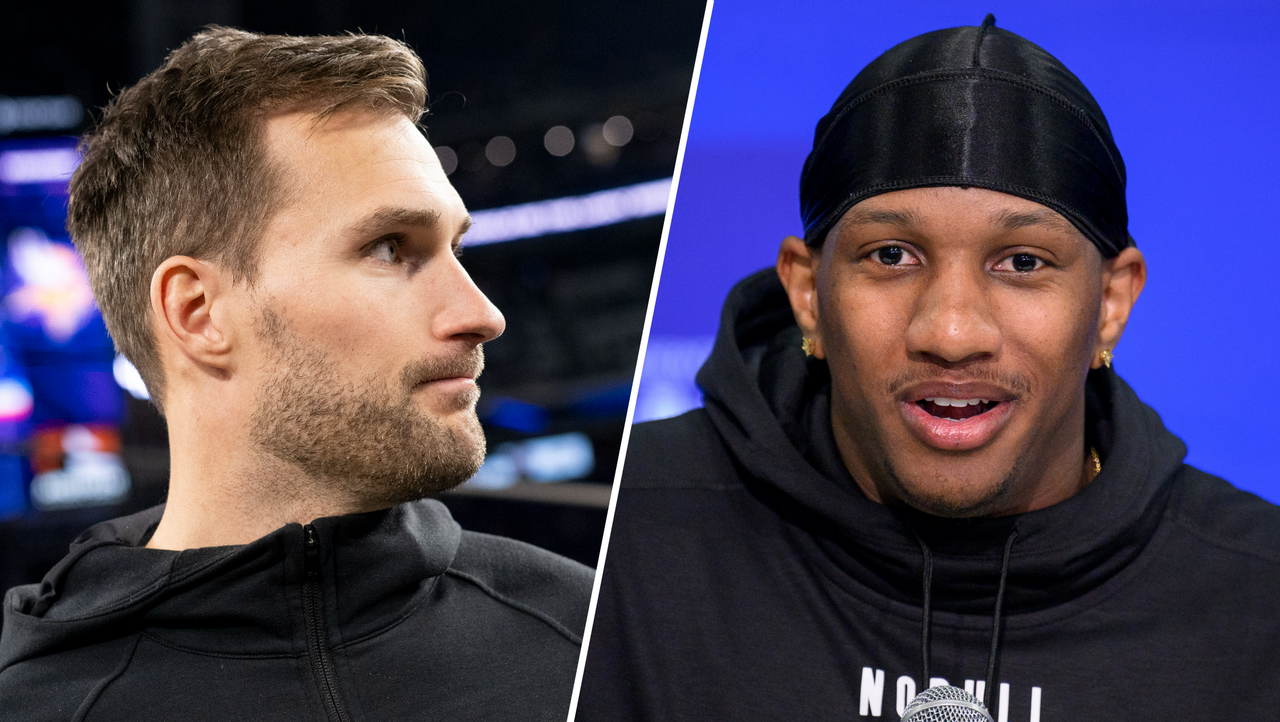The Washington Wizards are the only team in the NBA not taking full advantage of the two-way contract option, declining to have an extra player available to shore up the roster if necessary.
The two-way contract is a new type of roster spot conjured up by the NBA last year. Starting with the 2017-18 season, all 30 NBA teams can sign two players outside of the standard 15-man roster. Teams have the ability to shuttle these two-way players back-and-forth from the G-League, essentially the NBA’s minor league system. Next fall the Wizards will become the 27th team with its own G-League affiliate.
Each player could spend up to 45 days with the parent club. The cost -- $75,000 annually with pro-rated salaries on days with the NBA team –- is substantially less than the veteran minimum. Perhaps, in cases, you get what you pay for, but adding such players may lead to genuine discovery and season-saving depth.
Monday was the deadline for NBA teams to sign a two-way contract this season. A handful of teams had open slots, but 29 of the 30 woke up Tuesday morning with two “two-way” players. The exception calls the 202 home.
When the Wizards waived forward Mike Young last month, long-limbed Devin Robinson became their only two-way player. That is still the case.
Washington slept on the deadline or rather just hit the snooze button despite having the available slot –- and openings on the main roster. This deadline decision occurred as their star players see their minutes rise and effectiveness decrease.
Washington has the fifth highest payroll this season, is paying the “luxury tax” for the first time in franchise history and has limited player acquisition options because of salary cap limitations. Seems like perfect timing for the two-way contract.
Sports
“I’m comfortable with what we have right now with Devin,” Wizards head coach Scott Brooks said before Monday’s game. “I think he’s done a great job. The focus is going to be on him. In the summertime, we have the opportunity to (add another).”
That last line is certainly true as is noting summer moves will not help these Wizards (25-19) in their quest for high seeding and playoff success. Washington enters Wednesday 1.5 games out of third in the East, but three games from no-playoffs ninth.
The Wizards have only one open spot on the 15-man roster. Teams are not required to fill all 15 spots. Some pass because the limited minutes for a 15th player are not worth the cost of the rookie or veteran minimum, which is upwards of $2.7 million depending on years of service. This makes the two-way contracts a cost-effective way to maintain depth.
Another roster spot is for Sheldon Mac, who is out for the season with an Achilles injury. The primary reason for keeping the second-year guard seemingly comes from the luxury tax Washington would pay by replacing him. Forward Chris McCullough, a free agent next summer who has played in 12 games this campaign, is also around. In other words, the Wizards are realistically working with a 12-man roster.
Washington posted a 9-3 record in the first 12 games after John Wall returned from a knee injury on Dec. 13. They went 2-3 on its just completed five-game homestand. Among the differences during the five-game stretch, minutes for Wall and backcourt partner Bradley Beal jumped to 40 per game. Only five NBA players averaged over 38 minutes per game in that span.
That happened largely because Brooks went from a 10 to a nine-man rotation in four of the five games. Otto Porter missed one with a hip injury. Jodie Meeks, who averages 15.8 minutes per game, played five minutes total in the final three contests. In those cases, Brooks did not replace them with another player. He had others, namely Wall and Beal, absorb the minutes.
Porter out for one game isn’t calamitous. Sitting Meeks, who is struggling with his shot and defensive work, is not the issue. This wasn’t solely about playing his best players more. Brooks largely had no other choice. Whatever deep bench depth exists, it is absent at small forward and especially wing guard.
Late-game struggles were a staple in these five games. In Monday’s 104-95 loss, the Wizards’ third game in four days, Wall and Beal each played 41 minutes. Milwaukee outscored Washington 15-3 over the final 6:03.
After shooting 6-for-10 in the first quarter, Wall missed 11 of his final 12 field goal attempts. Beal went 0-for-4 in the fourth quarter. Over his last seven games, the player with ideal shooting form is 3-for-27 from the field in fourth quarters.
Even if no tired legs, those minutes are not sustainable for the remaining 38 regular season games with playoff success in mind. If down on Meeks, bring up a guard signed to a two-way contract. Maybe there’s a real find or at least some immediate assistance.
First step, sign the two-way player.
The Wizards passed. They will wait for help. The NBA trade deadline is Feb. 8.
That’s not really the point. The regular season is not just about killing time until reaching the playoffs. It’s about putting the team in best position to succeed once there. Playing Wall and Beal heavy minutes now does not do that.
The two-way contracts and final roster spots are about depth and taking advantage of every talent search opportunity available.
Even if Washington finally thrives in the playoffs, we shouldn’t sleep on the fact that the Wizards kept hitting the snooze button.
Ben Standig talks Wizards daily on the Locked on Wizards podcast, covers the Redskins for BreakingBurgundy.com and tweets way too much via @benstandig.



